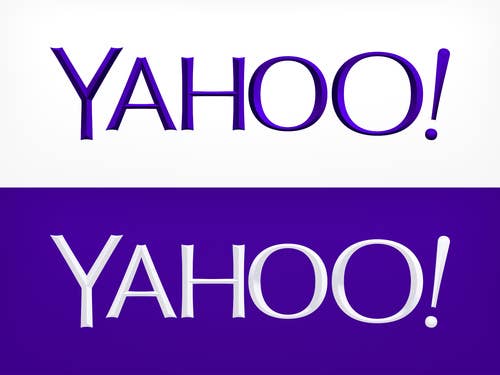
Facebook recently won the dubious honor of Most Valuable Government Asset on the Internet, passing Google as a target for government data requests (subpoenas, etc). But it didn't hold the title for long: Yahoo has released its first transparency report, informing users and the public of how many times the world's governments have demanded, and received, information about its users. The results are astonishing.
In the first six months of 2013, Yahoo received 12,444 requests from the U.S. government for user data, demanding data on 40,322 accounts. Of those requests, 11,402 resulted in some data being shared.
Here's some context. The next largest government target, Facebook, received 11,000 requests in the same period, affecting over 20,000 accounts. A little over 9,000 requests resulted in information being produced. Google reported about 8,500 requests in the last six months of last year — significantly less than Yahoo's current figure.
And then there's this: Yahoo's figures don't include Tumblr yet. So in reality they're not just higher than Google's or Facebook's, they're far and away in the lead.
This is almost certainly the result of a counterintuitive fact about Yahoo — that, despite Gmail's mindshare and Google's general search dominance, Yahoo Mail and Gmail are fairly close in size. Some sources say Gmail is bigger; others say more messages are opened in Yahoo Mail. Yahoo Messenger is still quite popular too.
Update: Another possible reason for the comparatively high numbers? Google, Facebook, Microsoft, Twitter and Yahoo are all at different stages in the process of negotiating with the government, either behind closed doors or through lawsuits, about how much of this information they're able to disclose.
FISA complicates the issue, among other things, leaving us with an opaque variable: We don't know how much each company is able to say, or how they are able to break down data. This doesn't necessarily imply that the true numbers are higher or lower for one company or another, just that a direct comparison doesn't tell us too much.
Here's the whole chart:

